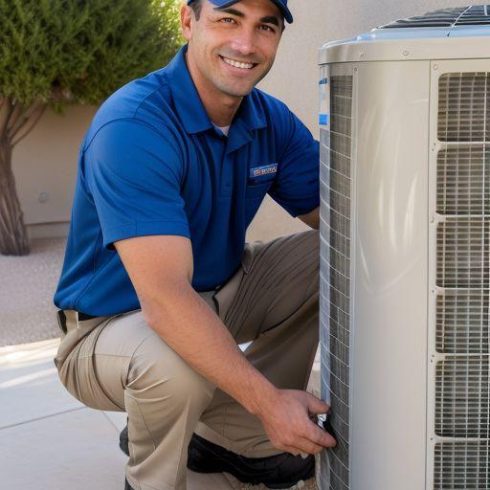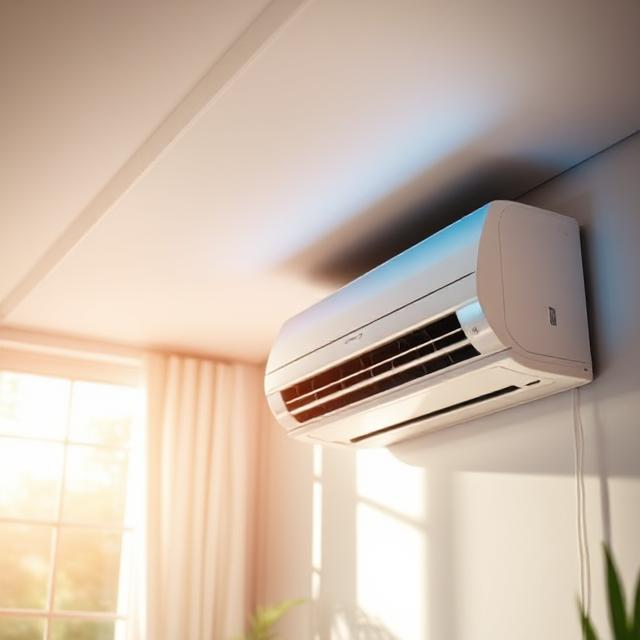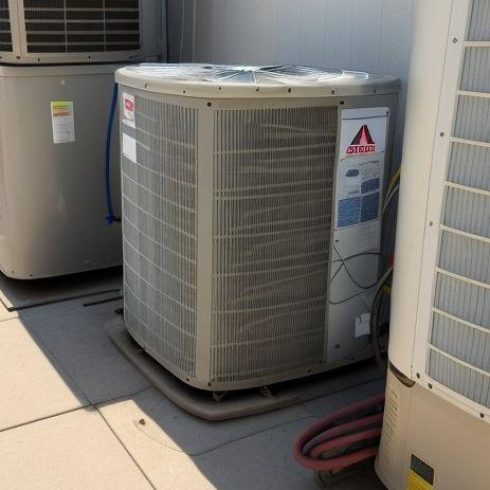Identifying an HVAC Emergency: When to Act Fast
Introduction
HVAC systems are essential for maintaining comfort in our homes and workplaces. However, when problems arise, they can escalate quickly into emergencies. Knowing how to identify an HVAC emergency is crucial. It can save you time, money, and discomfort. In this article, we will explore what constitutes an HVAC emergency, how to recognize the warning signs, and when to call your local HVAC contractor near me.
Identifying an HVAC Emergency: When to Act Fast
When you notice a problem with your heating or cooling system, the first question that comes to mind is whether it’s an emergency. Recognizing these situations can help prevent further damage and ensure your safety. Emergencies can range from complete system failures to less obvious issues anthemcv.com that require immediate attention.

What is an HVAC Emergency?
An HVAC emergency refers to situations where the heating, ventilation, or air conditioning system fails or presents a risk to health or property. Common examples include:
- Complete breakdown of heating or cooling systems.
- Gas leaks.
- Electrical issues posing fire hazards.
- Water leaks leading to potential flooding.
These situations require immediate action.

Common Signs of an HVAC Emergency
1. Lack of Heat in Winter Months
During winter months, losing heat can be critical. Symptoms might include:
- Cold spots throughout the house.
- Thermostat setting not matching indoor temperature.
If your system fails entirely during freezing temperatures, it’s essential to act fast and contact an HVAC contractor near me for urgent repair.
2. Unusual Noises
Strange sounds from your HVAC unit can indicate trouble:
- Banging or clanking noises may suggest loose parts or mechanical failure.
- High-pitched screeches could point towards a failing motor.
These sounds shouldn’t be ignored; get them checked immediately.
3. Foul Odors
If you smell gas or burning wires:
- Gas odors should never be taken lightly; evacuate and contact authorities right away.
- A burning smell could indicate overheating components that need urgent attention.
4. Water Damage
Water pooling around the unit may indicate a leak:
- This could be due to condensation issues or refrigerant leaks.
Ignoring this could lead to mold growth and structural damage.
5. Excessive Humidity
If humidity levels inside your home are noticeably high even with the AC running:
- This may suggest a malfunctioning system which needs immediate evaluation.
When Should You Call for Help?
1. Immediate Safety Risks
If there's any risk of fire or gas exposure, prioritize safety over anything else. Contact professionals immediately.
2. Major System Failures
When your AC or heater fails completely during extreme weather conditions, it’s a clear sign for urgent help.
3. Frequent Breakdowns
Repeated issues with your system signal that it might be time for replacement rather than repair.
How to Find Reliable HVAC Contractors Near Me?
When searching for an “HVAC contractor near me,” consider these tips:
1. Check Online Reviews
Look at platforms like Google My Business and Yelp for customer feedback.
2. Ask for Recommendations
Friends and family can provide valuable insights into trustworthy contractors they've used before.
3. Verify Credentials
Ensure the contractor has proper licenses and insurance covering their work.
Preventive Measures for Your HVAC System
While emergencies can happen unexpectedly, there are steps you can take to minimize risks:
Regular Maintenance Checks
Schedule annual inspections with an HVAC professional in Palm Desert, CA.
Change Filters Frequently
Clean filters improve airflow and efficiency while reducing strain on your system.
How Often Should You Have Your HVAC System Inspected?
It's generally recommended to have your system inspected at least once a year—twice if you use it heavily throughout different seasons.
FAQs
1. What should I do if my AC stops working on a hot day?

2. How do I know if I have a gas leak?
Signs include a rotten egg smell (sulfur), hissing sounds near gas lines, or unexplained headaches in occupants.
3. Can I fix my HVAC emergency myself?
Unless you have experience in handling such repairs safely, it's advisable to call a professional immediately for safety reasons.
4. What is the average cost of emergency HVAC services?
Costs vary widely based on location, type of service needed, and time of day but expect higher rates after hours or on weekends.
5. Is it normal for my heater to make noise?
Some noise is normal; however, loud banging or screeching sounds are not and should be investigated promptly by professionals.
6. How do I choose the right size HVAC unit for my home?
Consult with professionals who can calculate your home’s heating/cooling load based on square footage and other factors unique to your home layout.
Conclusion
Identifying an HVAC emergency takes vigilance and knowledge about common indicators of trouble within your system. By understanding these signs early on—like unusual noises or foul odors—you’ll be better prepared when something goes wrong at home in Palm Desert, CA., ensuring safety and comfort remain priorities within your living space. Remember always: when in doubt about whether something's wrong with your heating or cooling units—don’t hesitate! Contact an experienced HVAC contractor near me right away!